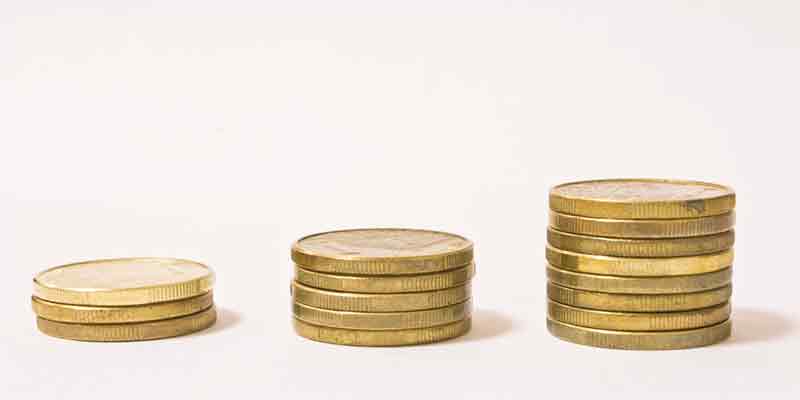Wouldn’t life be easier if we were all millionaires?
Every financial woe would disappear.
We could eat Twinkies out of 24k gold wrappers.
Just imagine!
But – truth be told – no matter how much money you make, if you don’t budget it well you won’t have it for very long. Which is why guys like Ryan Broyles of the Detroit Lions deserve a huge pat on the back.
He’s a third year wide receiver that signed a 4-year, $3.6 million contract with $1.42 million guaranteed (a.k.a. he got $1.42 million on the day he signed a piece of paper). But what’s he done with the money since then?
Set himself up for life.
It turns out, since making it to the NFL in 2012, he and his wife have lived on an annual budget of $60,000 — just $9,000 more than the US median household income.
The reason?
He knows his time in the league may be limited and he doesn’t want to squander the monetary benefits. He even talked about having to learn to set and keep a budget for the first few months, but once he got the hang of it, it was easy to maintain.
What Not To Do
Now contrast Ryan with the recent news of 50 Cent’s bankruptcy filings and let the head scratching begin. 50 Cent makes a reported $185,000 a month off of royalties and investments – i.e. that money is working for him, so he’s not lifting a finger to bring it in.
But even on a passive $2.2 million income, 50 can’t pay his bills. He’s spending $108,000 a month…$5,000 of which is for his gardening! (And he also has a sizable lawsuit filed against him…but that’s a blog for a different topic on self discipline…)
My point is, you get the feeling that 50 is all about spending whatever money he makes with little concern for the future (he still likes to parrrty like it’s your birthday).
My goal, and hope for anyone that reads this, is to not be like that, regardless of income level.
Take time to make a budget. Live below your means. Have an emergency fund. It’s practical stuff that can remove a lot of headaches down the road (or right now). And in the end, you could very well be a millionaire instead of just looking like one.


